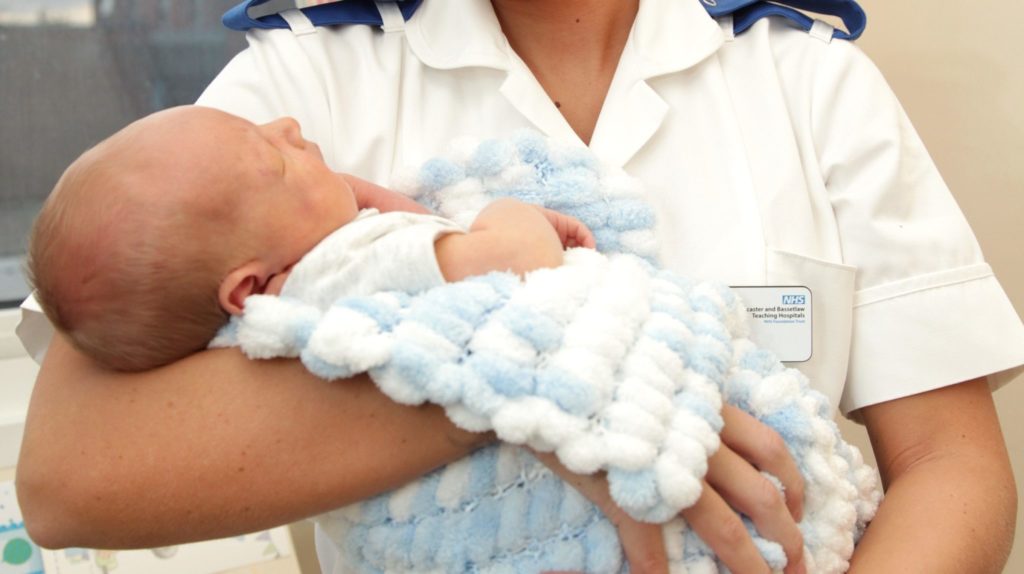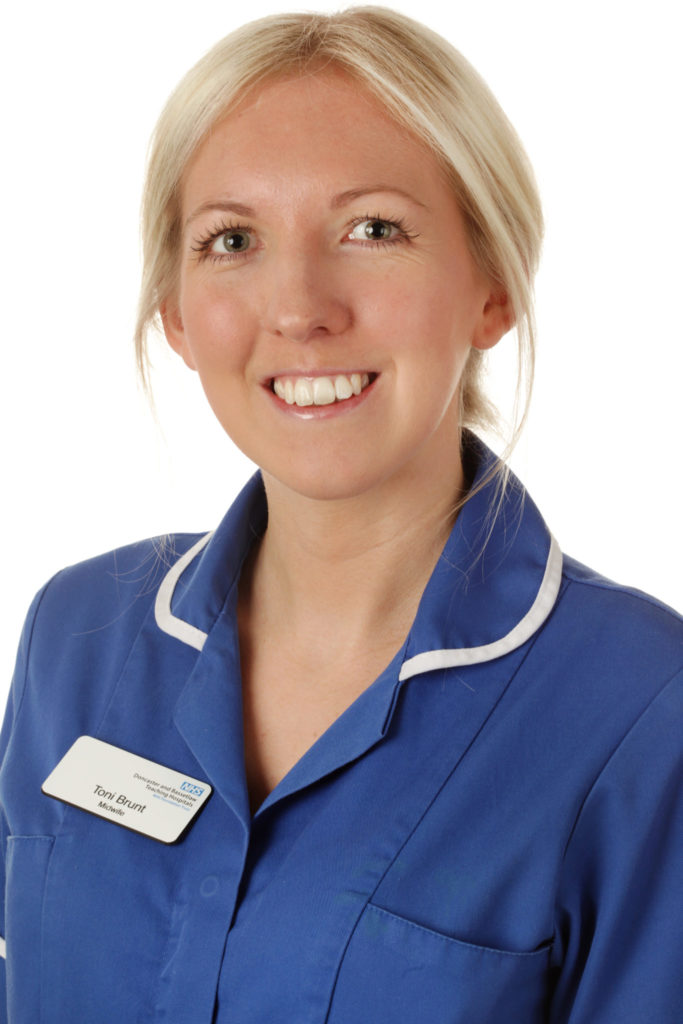Pre-eclampsia is a condition which can occur from 20 weeks into a pregnancy and can be life threatening for both mother and baby. Women who have the condition can experience symptoms such as high-blood pressure and protein in their urine, but may also have headaches, epigastric pain, swelling, and visual disturbances.

Implemented in early 2020 and overseen by Toni Brunt, Midwifery Lead for Pre-eclampsia Testing, this new method of screening is the first of its kind and gives doctors the ability to exclude the life-threatening condition. It also presents a result on the same day that the test is done, thus helping prevent stress or anxiety for the mother, whilst allowing the appropriate regimen of care to be started promptly if required.
Another benefit of the blood test is a reduction of pressure on maternity services, with an audit showing that testing helped to free up around 60 bed spaces within a year, with the potential to save over double this in terms of outpatient related appointments.
Toni, who was invited to the midwifery conference In October, went into further detail about the benefits of the test itself, she said: “Pre-eclampsia is one of the leading causes of mortality for both mums and babies worldwide. It is a difficult condition to diagnose accurately as the symptoms associated with it are not just limited to pre-eclampsia. You might have 10% presenting with symptoms, but only 2-5% will have it. Therefore, having a blood test available to help with the diagnosis is really welcomed and beneficial.
“We started with the pilot for the blood test in February 2020. NHS England supported us with this, and we hoped that it would allow us to establish whether we could exclude the possibility of a patient having pre-eclampsia. The ratio test provides us with a numerical result, and we can use this to establish if the mother is very low, intermediate, or very high risk of developing the condition. It can exclude pre-eclampsia and allows us to make sure that mothers are on the right pathway of care.”

Toni began her talk by introducing the conference to the condition itself. She then went on to discuss the NHS’ Innovation and Technology Payment pilot of placental growth factor (PLGF) based testing at the Trust, and also spoke about the business case to obtain local funding.
On speaking at the conference, Toni said: “It was initially a bit daunting as it was the first time I had presented at anything as big as that. I was invited to speak at the conference by Roche – the company who provides the test assay for our Trust. They asked if I would be happy to present about the successful implementation and impact of the test from a midwifery perspective, as we are the health care professional that perhaps hears the most opinions, worries and questions from mothers about pre-eclampsia that present with symptoms and can benefit from this test.”
“It was a half an hour presentation, looking at pre-eclampsia and what the test is, as well as information on the audit and completing the test itself. But it also provided us with the opportunity to show how we have embedded it successfully as a unit – something that I am incredibly proud of, and is a testament to the incredible work of our midwives, doctors and laboratory staff at Doncaster and Bassetlaw Teaching Hospitals.”
65,000 pregnant women a year are admitted to hospital for up to three days so that they can be monitored for the condition. These patients will receive medication for high blood pressure, or in extreme cases, anticonvulsants to prevent fits if the baby is due. If you would like to find out more information about pre-eclampsia head to: https://www.nhs.uk/conditions/pre-eclampsia/



